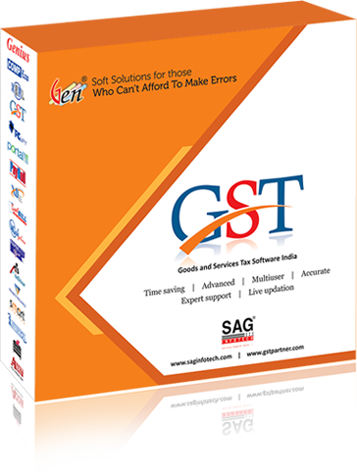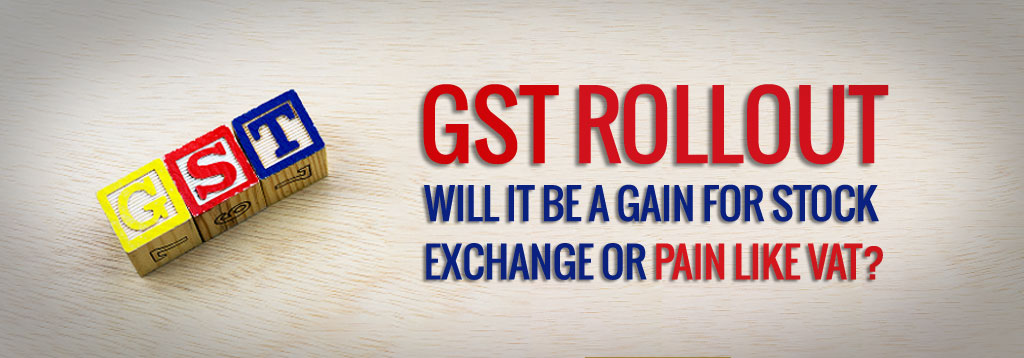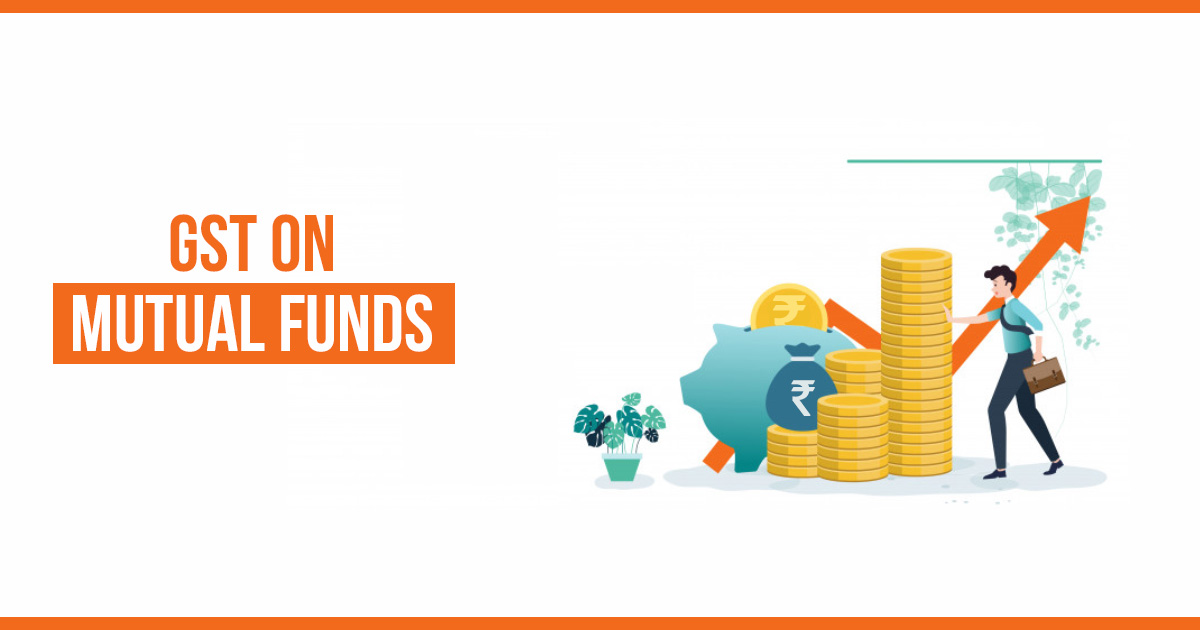Goods and Sevices Tax (GST) has been launched from the 1st July 2017. But, the rumours and speculations related to the GST effect on stock market, stock transfer & Share trading seem to be endless. Many intellectuals including top business analyst are very positive about the GST, while, some are very skeptical.
We all might be aware of an old saying – ‘Precaution Is Always Better Than Cure’. Hence, going by the same saying, below, the effect of GST on the stock market has been discussed.
Short Term and Long Term Impact of GST on Indian Stock Market
It’s a common belief that short-term impact of GST could be neutral to negative, but, in long run, it will further boost the economy and share markets of the country. Affirming this, the Finance Minister Arun Jaitley said that there could be some difficulty initially after the goods and services tax (GST). Moreover, it is also expected that the GST will boost India’s GDP growth by 150-200 basis points in the coming years.
It must be noted that the chaos and confusion related to GST regime is definitely going to impact negatively in the first quarter. Many companies, especially micro and small enterprises still require some time to completely accept this new taxation framework, so as to make proper adjustment for the input tax credit system. We must be knowing by now that the input credit allows a seller to reduce the tax burden being paid by claiming offset for the taxes already paid on inputs.
The renowned brokerage firm, Kotak Institutional Equities, is of the similar opinion that the Indian market could be neutral to negative in the short run. The brokerage said, “We would be cautious on economic growth over the next one to two-quarters. The GST rate structure will be neutral to marginally disinflationary for CPI inflation. We estimate CPI inflation to be lower by around 20 basis points on an average due to GST rates”.
The Dalal Street of the nation is already acting very carefully, due to which the BSE Sensex traded below the psychological level of 31,000 on June 27, for the first time after a month. “Stock valuations have moved up, if we compare from December 2016 levels. One has to be selective in choosing companies and sectors going forward, because it is not going to be a broad-based rally from here on, and not all stocks are going to deliver.
With high valuations, one has to be all the more selective,” said Karthikraj Lakshmanan, Senior Fund Manager- Equities, BNP Paribas Mutual Fund. Most of the tax experts are of the opinion that the manufacturing sector will have to face the most of the disruption. The producers now have a much higher compliance in the value chain, so that they can make the most of the new taxation system.
Recommended: Guideline For Maintaining Accounts and Records Under GST
People were not Ready for GST
The previous year, the demonetization of high-value currency notes had adversely affected markets and earnings because of its shock value. The same kind of negative impact is expected after GST but on the lesser scale. Hasmukh Adhia, Union Revenue Secretary said, “There would be some temporary disruption, but not a heavy cost. The disruption is because of the ignorance of the GST structure. It would not take much time for the people in India to learn and adjust to the new way of life”.
At this juncture, the GST is being highly compared to the VAT for its negative impact. To recall, in India VAT was introduced in the year 2006, a major disruption in the market was seen at that time, as for the very first time India was moving from single-point taxation to value-added taxation system. And now, with GST, value-added taxation framework is being incorporated for both state taxes as well as central taxes.
Concerning this, Hasmukh Adhia, said, “We are only combining the two and having a new value-added tax. The disruption would be much less compared to what we had seen in 2006. But because it is a new law, it would take some time for people to adjust to it,”.
To recall, the implementation of the GST incorporate all current indirect taxes being levied by both the Centre and states. Under the GST taxation framework, tax rates have been fixed in four slabs — 5 per cent, 12 per cent, 18 per cent and 28 per cent — while certain basic goods and important services have been exempted from it.






